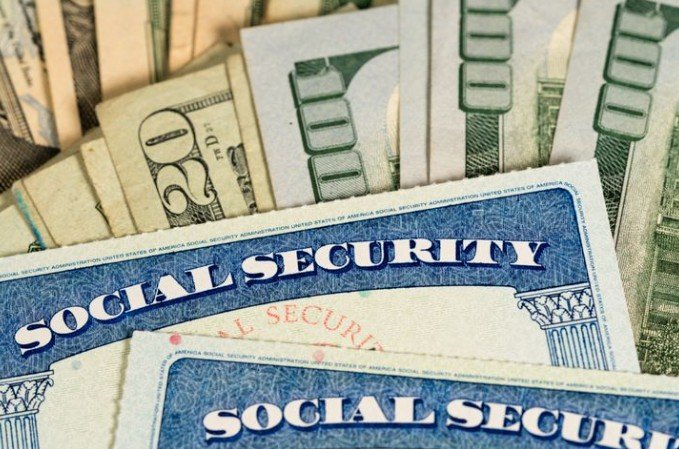Social security benefits pay retirement and disability income and government benefits to qualified US citizens accordingly their social security number, as well as for their children, spouses, and survivors. Indeed, even controversy has arisen over the dignity of unregistered workers for multiple government programs, the federal government contains many rules for social security to provide provisions for resident and nonresident immigrants. But, some noncitizens have been shocked who didn’t realize that they may also qualify for social security benefits. You have the chance to be deprived of all your benefits in one go if you don’t have the SSN, so you should contact a social security specialist and make a Digital Copy of your SSN card before losing or theft.
Many Non-citizens also Qualify for Social Security Benefits
It is not eligibility being a US citizen for receiving social security. Social security administration qualifies for government benefits for those noncitizens who reside legally in the United States and gain all the eligibility requirements. This means not only those who are permanently admitted under the Immigration and Nationality Act but also those who qualify under the provision for family unity and immediate relatives living in the United States.
Even Leaving Noncitizens from the U.S. Can Still Get Social Security Benefits
If any noncitizens have left the US for six months the SSA stops to provide benefit’s payments. If you want to get your payments again, you have to get back to the US for a full calendar month to resume these payments. Furthermore, the US has made international agreements with many countries in order to provide social security benefits to those noncitizens even if they live outside of the US permanently. Several countries covered by those requirements are Europe but others include Canada, Japan, Australia, Chile, and South Korea.
Noncitizen Spouses of U.S. Immigrants Can Often Get Spousal And Survivors Benefits
Citizens of the United States who live abroad and are married to noncitizens often question whether their wives can receive social security benefits. Though the rules are complicated, many couples say they are getting benefits.
The noncitizens who leave the US can have a chance to get benefits for their spouses if the US has an international agreement with the noncitizens country. Then, if citizenship of the noncitizen meets the eligibility with all requirements, the government will qualify the noncitizen’s spouses for getting government benefits. But there is an exception that some nonresidents who lived for at least five years in the US and while married, he no longer suffer for getting benefits. It doesn’t matter wherever the couple is living or wherever they will reside in the future.
The IRS Confirms It Gets Its Share of Social Security Payments to Nonresident Immigrants
The tax law requires SSA to withhold payments from social security benefits from citizens of the US living in foreign territories as part of an international agreement covering income. SSA must sustain 30% of the maximum possible Social Security benefit, which will be taxable under US law, which currently exceeds 85% of your benefit payment.
In some cases, nonresident immigrants may receive this withholding amount by filing a U.S. tax return. If the actual charge is less than the amount withheld, you may end up getting some or even all of the withholding tax back.
Foreign Benefits Can Sometimes Decrease Your Social Security Benefits
It is often seen that non-citizens are qualified for getting retirement and disability benefit payments from their home countries. The foreign benefits can decrease social security benefits under Windfall Elimination Provision for those non-citizens. But amazingly in some cases, the Government Pension Offset doesn’t decrease noncitizen’s spouses and survivors’ payments for those who get pension income from their home countries. Of course, dealing with social security is complicated for everyone, and thinking about citizenship issues makes the complexity longer as well. Moreover, knowing the rules that the government has issued as well as the social security program’s commitments to noncitizens may help you to get the benefits.
